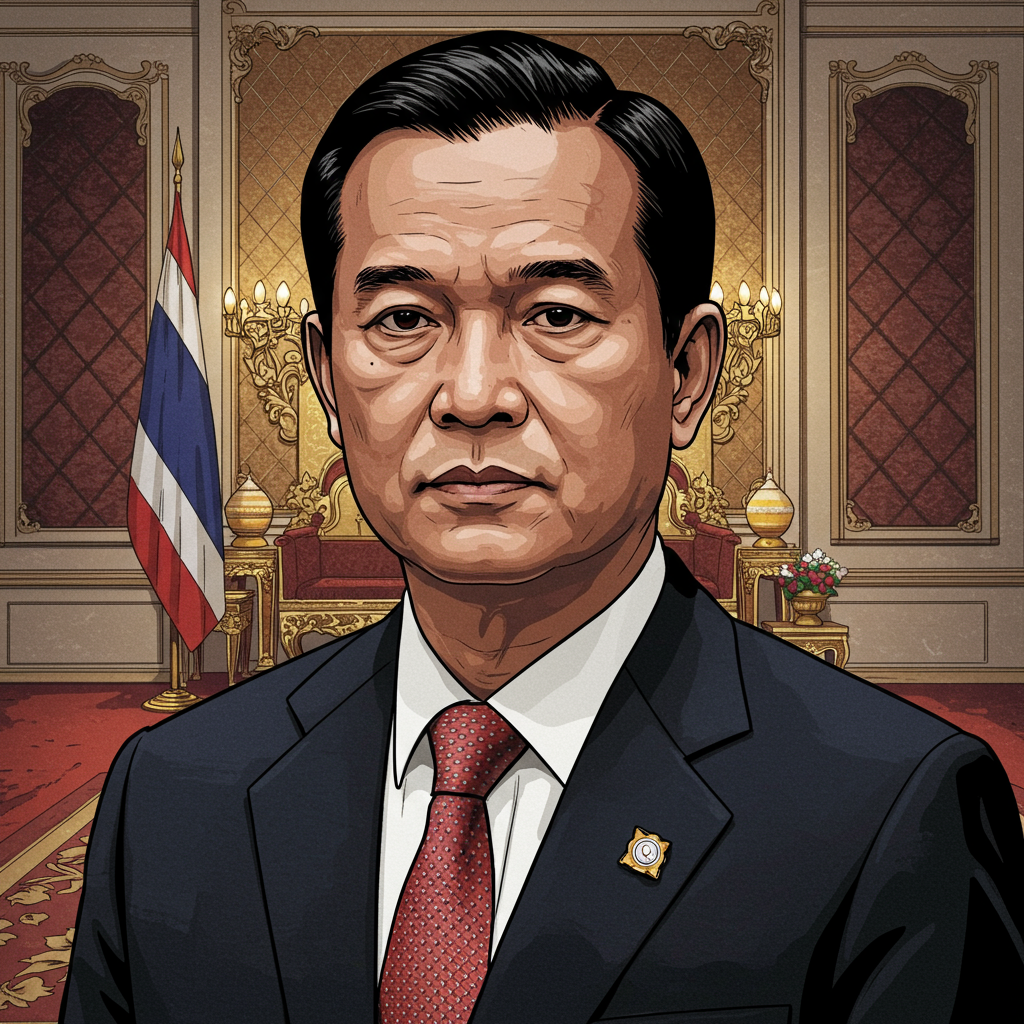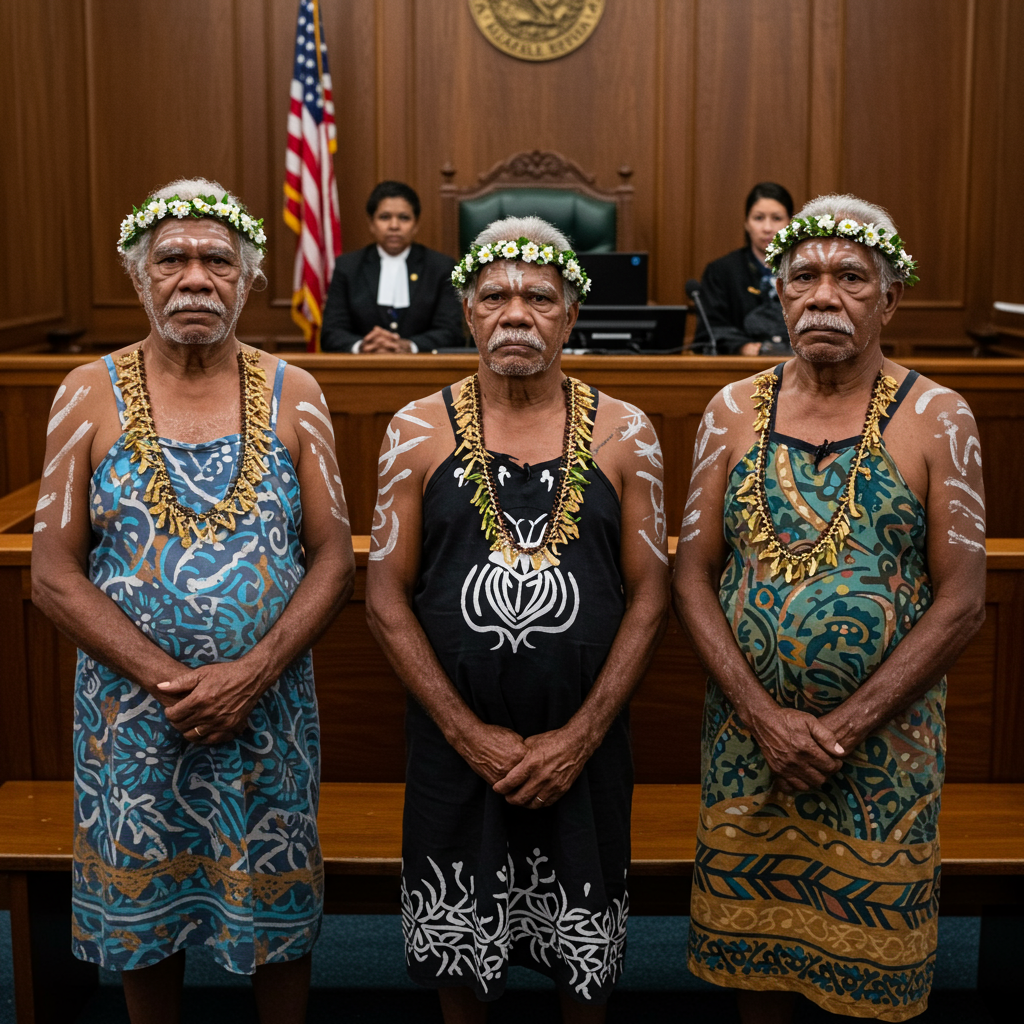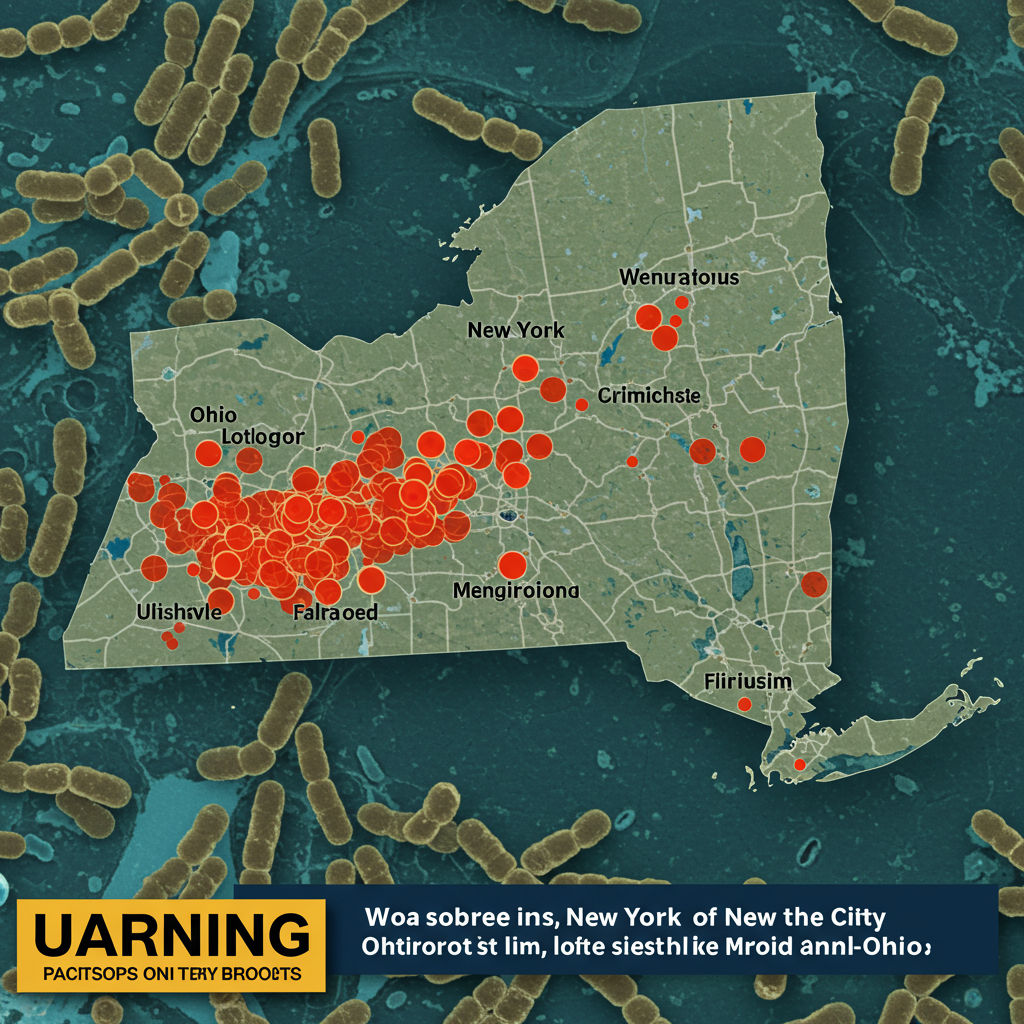Thailand’s political landscape is once again dominated by the familiar drama surrounding the <a href="https://news.quantosei.com/2025/07/02/court-in-thailand-suspends-prime-minister-over-leaked-phone-call-with-cambodian-official/” title=”Thailand PM Suspended Over Leaked Call Ethics Probe”>shinawatra family. For over two decades, this billionaire dynasty has been a central force, frequently clashing with the nation’s established powers. Now, the current prime minister, Paetongtarn Shinawatra, finds herself suspended from office.
This suspension, ordered by the Constitutional Court, hinges on serious allegations of ethical misconduct. The move highlights the persistent tensions that define Thailand Shinawatra politics and brings into sharp focus the dynasty’s precarious hold on power.
The Latest Crisis Unfolds
The immediate catalyst for Prime Minister Paetongtarn Shinawatra’s suspension is rooted in a recently surfaced phone call. The call reportedly involved former Cambodian leader Hun Sen. While the full details remain subject to scrutiny, initial reports suggest Paetongtarn made critical remarks about the Thai army. She also seemingly aligned herself with Hun Sen’s position regarding the sensitive border dispute between Thailand and Cambodia.
Such a conversation, involving sensitive national security topics and a foreign leader, quickly drew significant political attention. Allegations surfaced claiming this communication constituted ethical breaches or conflicts of interest for the head of government. The Constitutional Court swiftly took action, suspending her from duty pending a definitive ruling on the misconduct charges.
Why This Suspension Matters
Suspending a sitting prime minister by judicial order is a significant event in any country. In Thailand, however, such actions have a particular resonance. They often signal deep fissures within the political system. This isn’t the first time the Shinawatra family or their political allies have faced challenges originating from the judiciary or other institutional bodies perceived as being aligned with the establishment.
The current situation underscores the ongoing power struggle. It pits the electorally popular Shinawatra movement against conservative elements within the state apparatus, including parts of the judiciary and military. This dynamic has repeatedly led to political instability and leadership changes over the past two decades.
The Shinawatra Dynasty’s Tumultuous History
The Shinawatra name became synonymous with Thai politics starting with Thaksin Shinawatra in the early 2000s. His blend of populist policies garnered immense support, particularly in rural areas. However, his time in office was marked by intense opposition from urban elites and traditional institutions. He was eventually overthrown by a military coup in 2006.
His sister, Yingluck Shinawatra, later led a government that also achieved electoral victory. Like her brother, she too faced legal challenges and was eventually removed from office by the Constitutional Court in 2014. This paved the way for another military coup. This history of electoral success followed by judicial or military intervention is a defining characteristic of modern Thai politics explained through the lens of the Shinawatra saga.
Paetongtarn’s rise represents the third generation of the family seeking to lead the country. Her current predicament follows a well-trodden path of Shinawatra leaders facing challenges outside the electoral arena.
The Role of the Constitutional Court
Thailand’s Constitutional Court holds considerable power. It has often played a pivotal role in resolving political disputes and interpreting the constitution. Critics argue the court’s rulings have disproportionately affected Shinawatra-linked governments, leading to their dissolution or the removal of their leaders.
Supporters maintain the court acts as an impartial arbiter upholding the rule of law and checking potential abuses of power. Regardless of perspective, the court’s decisions have undeniably shaped the course of Thai politics significantly, often at critical junctures for governments led by the Pheu Thai party or its predecessors. Its current involvement in Paetongtarn’s case is seen by many as another chapter in this long-running institutional conflict.
Analyzing the Allegations and Context
The specific allegations against Paetongtarn relate to “ethical misconduct.” The leaked call’s content—criticism of the army and comments on a border dispute—touches upon deeply sensitive areas in Thailand. The military has historically played a significant, sometimes dominant, role in Thai governance. Public criticism by a prime minister, especially in conversation with a foreign leader involved in a territorial dispute, can be politically perilous.
Border issues between Thailand and Cambodia have been a source of tension for decades. Discussions on this topic, particularly appearing to favor one side over the other or criticizing one’s own military’s handling of the situation, could be framed as undermining national interests or authority. This provides context for why such a phone call, even if seemingly private, could trigger serious political and legal repercussions for the prime minister.
Potential Outcomes and Future Implications
The Constitutional Court’s process will now involve reviewing the evidence and arguments related to the ethical misconduct allegations. There are several potential outcomes:
Acquittal: The court could find insufficient grounds for the allegations, allowing Paetongtarn to return to her full duties.
Guilty Ruling & Removal: The court could find her guilty of misconduct, leading to her permanent removal from the prime ministership and potentially a political ban.
- Other Penalties: Lesser penalties, though removal is often the consequence in such high-profile cases.
A removal would plunge Thailand into further political uncertainty. It would necessitate the selection of a new prime minister. This could come from within the current ruling coalition or potentially trigger broader political realignments or even an election scenario. The implications extend beyond just the prime minister; they affect the stability of the entire government.
This crisis highlights the persistent fragility of parliamentary democracy in Thailand. The interplay between elected officials, the military, the judiciary, and other institutions continues to create a volatile political environment. The Shinawatra dynasty’s ability to navigate these complex dynamics, or perhaps their inability to entirely escape them, remains a central theme in the country’s political narrative.
Frequently Asked Questions
What are the specific allegations against PM Paetongtarn Shinawatra?
The allegations against Prime Minister Paetongtarn Shinawatra center on ethical misconduct. These charges stem from a leaked phone call she reportedly had with former Cambodian leader Hun Sen. During this conversation, she is alleged to have criticized the Thai army and appeared to take a stance favoring Hun Sen concerning the Thailand-Cambodia border dispute. The Constitutional Court is reviewing whether these actions constitute a violation of ethical standards for a prime minister.
How has the Thai Constitutional Court historically influenced Shinawatra-linked governments?
The Thai Constitutional Court has played a significant and often decisive role in the political fortunes of governments associated with the Shinawatra family. In the past, the court has dissolved political parties linked to the Shinawatras and removed prime ministers from office, including Thaksin Shinawatra’s allies and his sister Yingluck Shinawatra. These rulings have been instrumental in shifting political power and have often occurred during periods of intense political conflict between elected governments and the traditional establishment.
What are the potential political outcomes following the PM’s suspension in Thailand?
The suspension of Prime Minister Paetongtarn Shinawatra by the Constitutional Court pending its ruling creates political uncertainty. Potential outcomes include the court clearing her of charges, allowing her to resume full duties. However, a finding of guilt could lead to her removal from office. This would necessitate the ruling coalition selecting a new prime minister. The crisis could trigger broader political instability, potential shifts in government composition, or even pressure for a new general election, impacting the country’s stability and future political direction.
Conclusion
The suspension of Paetongtarn Shinawatra marks another critical juncture in Thailand’s ongoing political saga. It is a stark reminder of the challenges faced by the Shinawatra dynasty, which has consistently enjoyed popular support but struggled to maintain power against determined institutional opposition. The outcome of the Constitutional Court’s ruling will not only determine the immediate fate of the prime minister but could also significantly influence the direction of Thai politics for months or even years to come. The pattern of electoral success followed by extra-parliamentary challenges continues to define the country’s volatile political landscape.




